The rise of electric vehicles (EVs) is a major trend that is poised to revolutionize the transportation sector. EVs offer a number of advantages over traditional gasoline-powered vehicles, including reduced emissions, lower operating costs, and improved performance. As a result, EVs are becoming increasingly popular among consumers and businesses alike.
Editor's Notes: "The Rise Of Electric Vehicles: A Sustainable Revolution For The Future" have published today date. This topic is important for us to reduce air pollution and global warming.
We did some analysis, digging information, made The Rise Of Electric Vehicles: A Sustainable Revolution For The Future, we put together this The Rise Of Electric Vehicles: A Sustainable Revolution For The Future guide to help target audience make the right decision.
Key differences or Key takeways:
| Feature | Electric Vehicles | Gasoline-Powered Vehicles |
|-|-|-|
| Emissions | Zero tailpipe emissions | Produce greenhouse gases |
| Operating costs | Lower operating costs (electricity is cheaper than gasoline) | Higher operating costs |
| Performance | Improved performance (electric motors provide instant torque) | Less powerful |
| Maintenance | Lower maintenance costs (electric vehicles have fewer moving parts) | Higher maintenance costs |
The main article topics are:
FAQ
This section answers common questions and dispel myths surrounding the rise of electric vehicles, unveiling their significance in shaping a sustainable future.
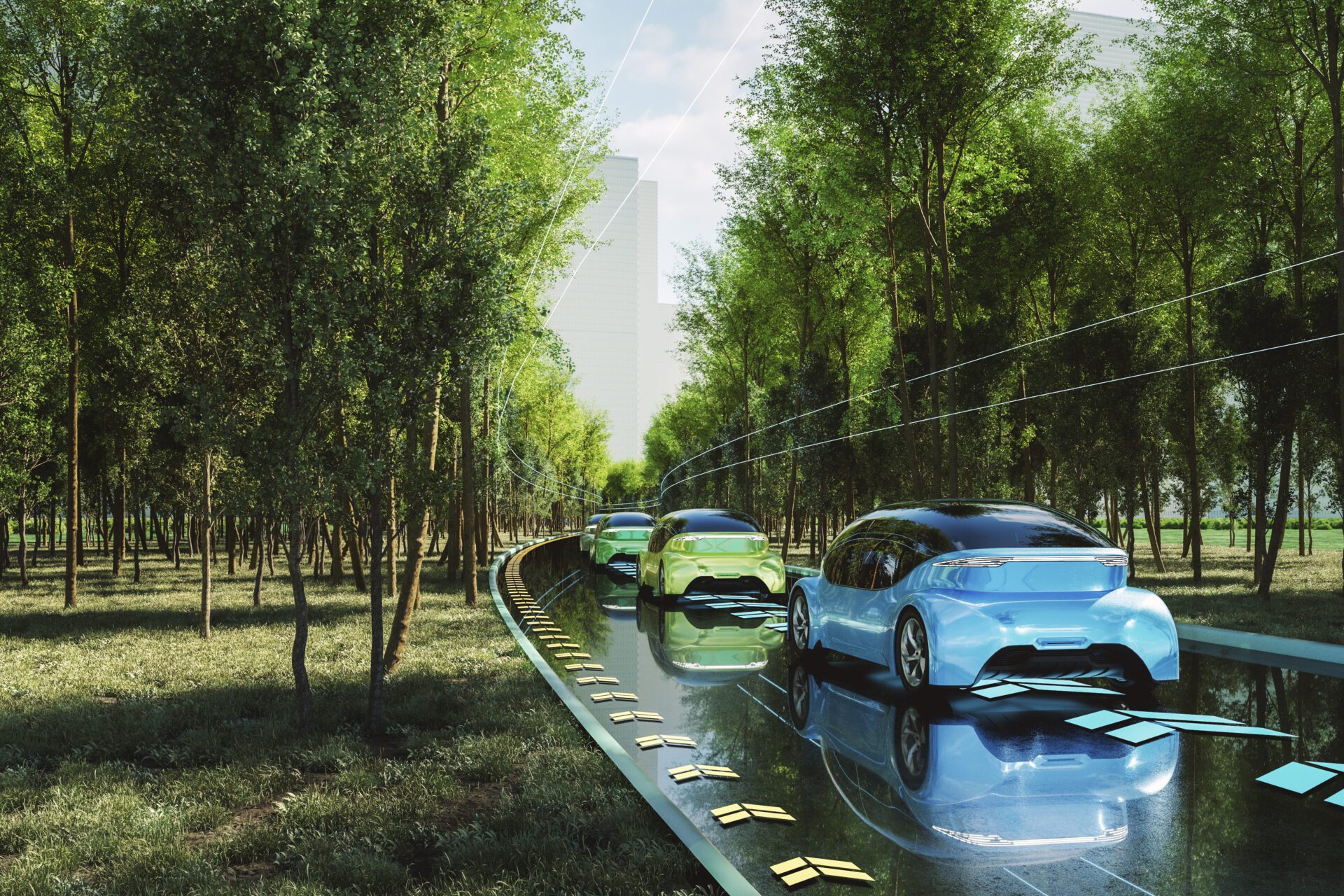
The Future Electric Vehicles: EV's & the Supply Chain - Source virtual-peaker.com
Question 1: What are the main advantages of electric vehicles compared to traditional gasoline-powered vehicles?
Electric vehicles offer numerous advantages, including reduced emissions, lower operating costs, improved air quality, and quieter operation. They also contribute to energy independence and national security by reducing reliance on foreign oil.
Question 2: What are the main challenges associated with the widespread adoption of electric vehicles?
The primary challenges include concerns over driving range, charging infrastructure availability, and battery costs. However, significant progress is being made in addressing these challenges, with advancements in battery technology, increasing charging station accessibility, and government incentives promoting widespread adoption.
Question 3: Are electric vehicles more expensive than gasoline-powered vehicles?
While the upfront cost of electric vehicles may be higher than gasoline-powered vehicles, the lower operating costs, including electricity and maintenance, often make electric vehicles more economical over the long term.
Question 4: What is the environmental impact of electric vehicles?
Electric vehicles produce zero tailpipe emissions, reducing air pollution and greenhouse gas emissions. The environmental impact of electric vehicles is further enhanced when electricity is generated from renewable sources, such as solar or wind power.
Question 5: How can the government support the transition to electric vehicles?
Government support is crucial for accelerating the adoption of electric vehicles. Initiatives such as tax incentives, charging infrastructure investments, and research and development funding can help overcome barriers and drive widespread acceptance of electric vehicles.
Question 6: What is the future outlook for electric vehicles?
The future of electric vehicles is promising, with projected growth in sales and market share. Technological advancements, government support, and increasing consumer awareness will continue to drive the adoption of electric vehicles, leading to a more sustainable transportation system.
This FAQ section provides a comprehensive overview of electric vehicles, their advantages, challenges, and the essential role they play in a sustainable future. As the technology continues to advance and more consumers embrace electric vehicles, The Rise Of Electric Vehicles: A Sustainable Revolution For The Future becomes a reality, shaping a cleaner and greener transportation system.
Tips
As the world transitions towards a more sustainable future, the rise of electric vehicles (EVs) presents a significant opportunity. Here are some crucial tips to embrace this revolution:
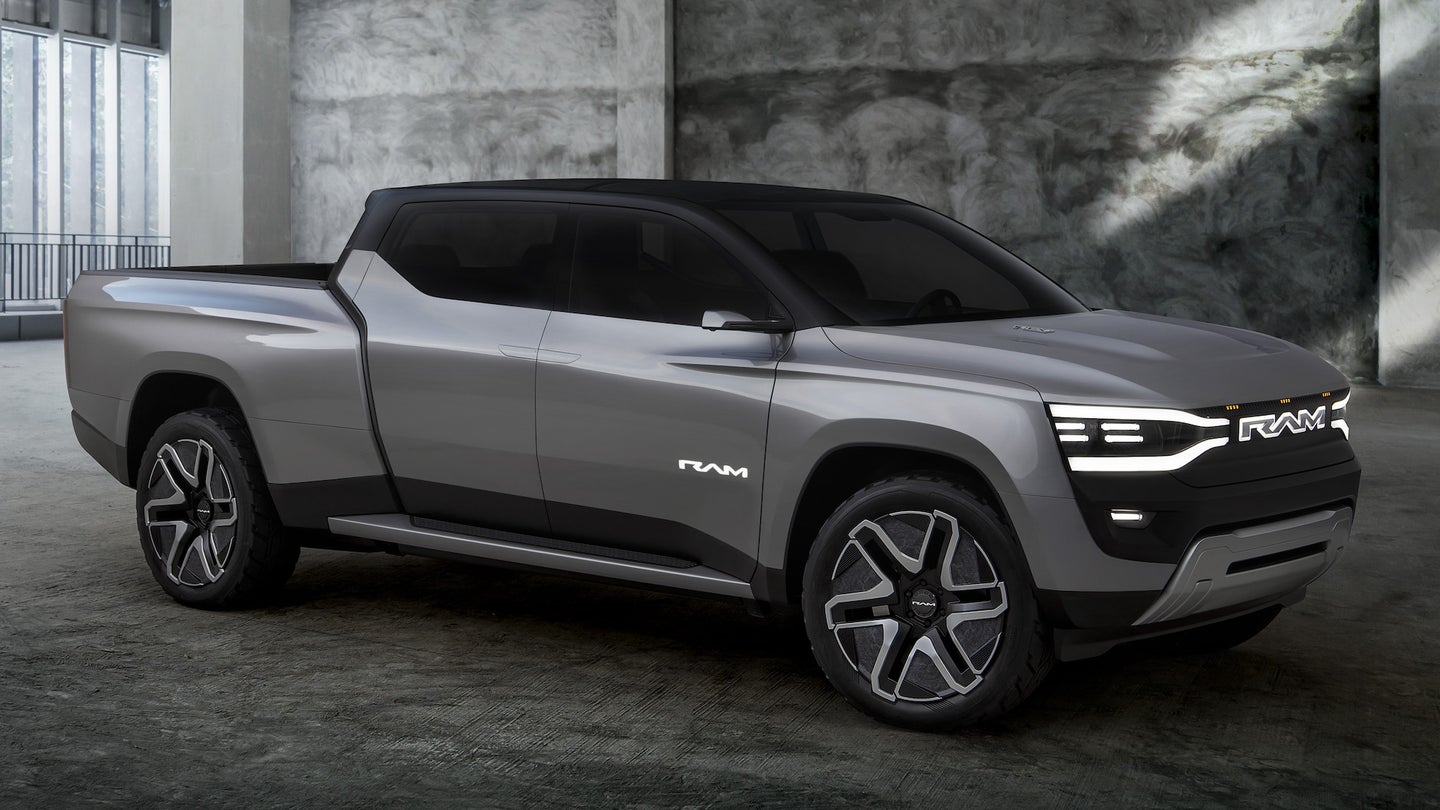
The 3 coolest automotive reveals at CES 2023 | Popular Science - Source www.popsci.com
Tip 1: Research and Compare: Before making a purchase, conduct thorough research on different EV models, features, and manufacturers. Compare their range, charging time, power output, and overall performance to find one that aligns with your needs.
Tip 2: Choose Charging Options: Plan for convenient and accessible charging options. Consider installing a home charging station for seamless overnight charging. Explore public charging networks and mobile apps to anticipate charging availability when traveling.
Tip 3: Utilize Incentives and Rebates: Many governments and utilities offer incentives, rebates, and tax credits to promote EV adoption. Take advantage of these benefits to reduce the upfront costs and make your EV more affordable.
Tip 4: Plan for Charging Infrastructure: If you cannot install a home charging station, coordinate with your community or workplace to establish public or semi-public charging points. This ensures convenient access to charging, especially in multi-unit dwellings or urban areas.
Tip 5: Educate Yourself: Stay informed about the latest advancements in EV technology, charging infrastructure, and battery life. This knowledge empowers you to make informed decisions and optimize your EV experience.
Summary: Incorporating these tips into your decision-making process will enhance your transition to electric vehicles. By researching, planning for charging, and embracing available incentives, you can contribute to a sustainable future while enjoying the benefits of EV ownership.
Transition to the article's conclusion:
The Rise Of Electric Vehicles: A Sustainable Revolution For The Future
Electric vehicles (EVs) are poised to revolutionize transportation, offering a cleaner, more sustainable alternative to gasoline-powered vehicles. The rise of EVs is driven by several key aspects, including technological advancements, government incentives, and shifting consumer preferences.
- Environmental Sustainability: EVs produce zero tailpipe emissions, reducing air pollution and greenhouse gas emissions.
- Energy Efficiency: EVs are more energy-efficient than gasoline-powered vehicles, reducing fuel consumption and operating costs.
- Technological Innovations: Advances in battery technology and charging infrastructure have significantly improved EV performance and range.
- Government Incentives: Governments worldwide offer tax credits, rebates, and other incentives to encourage EV adoption.
- Consumer Demand: Increasing awareness of environmental concerns and government incentives has driven consumer demand for EVs.
- Cost Competitiveness: As battery costs continue to decline, EVs are becoming increasingly cost-competitive with gasoline-powered vehicles.
The rise of EVs presents significant benefits for both the environment and consumers. By reducing air pollution and greenhouse gas emissions, EVs contribute to a cleaner, healthier planet. Additionally, their energy efficiency and cost competitiveness make them an attractive choice for cost-conscious consumers. As the automotive industry continues to transition towards electrification, the future of transportation looks increasingly promising.
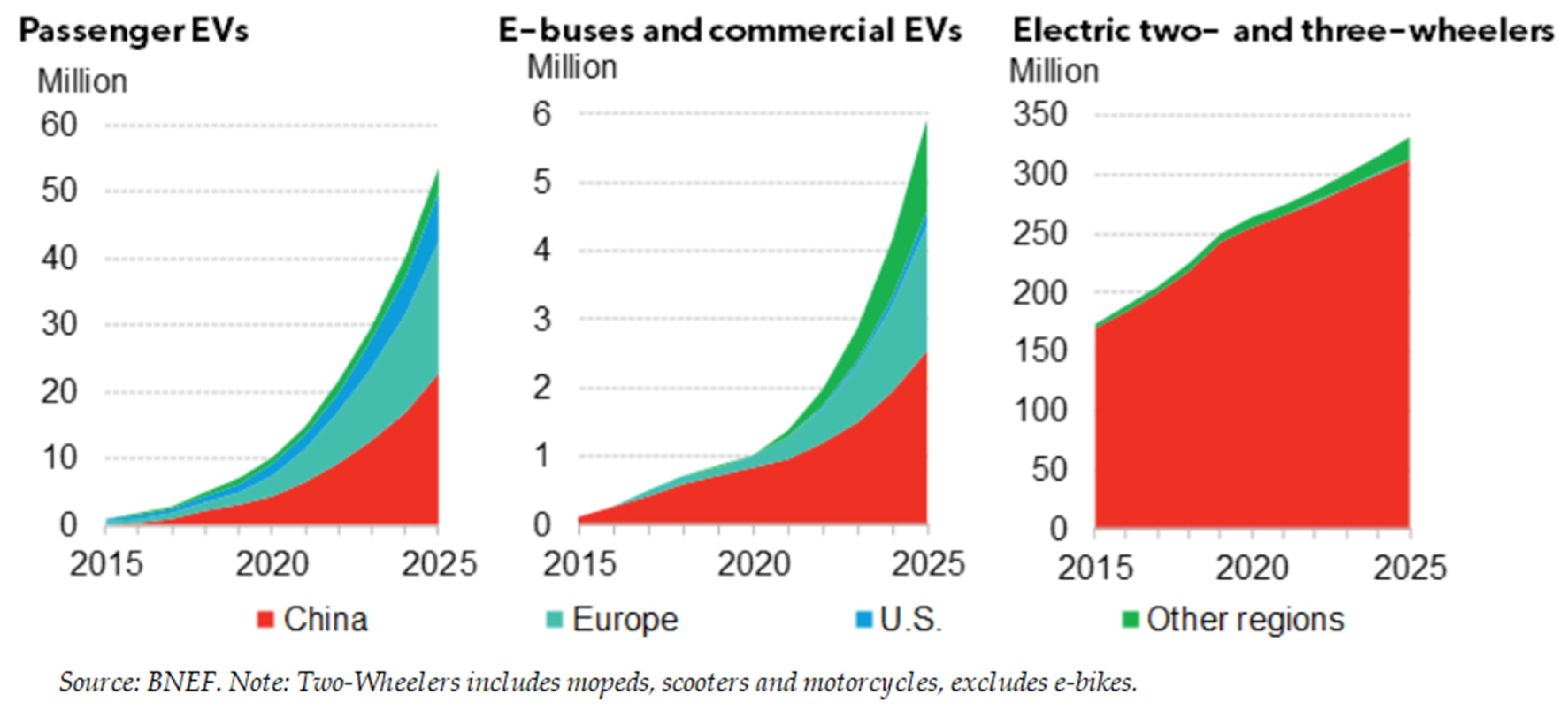
Electric Vehicle Sustainability Journal - Gretta Teirtza - Source merleqlilias.pages.dev
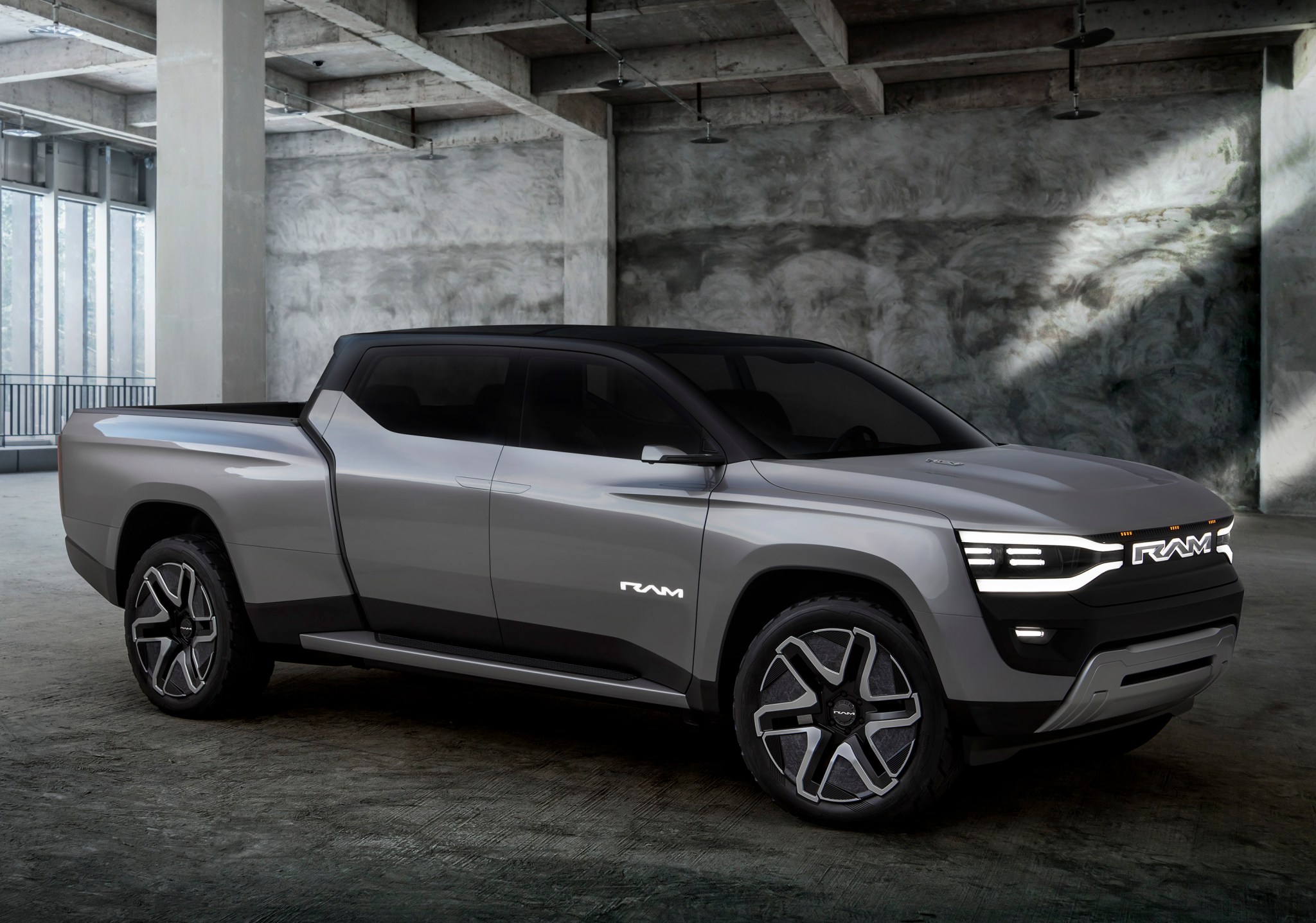
Ram Revolution Images: Check out What the New Ram EV Looks Like Inside - Source www.motorbiscuit.com
The Rise Of Electric Vehicles: A Sustainable Revolution For The Future
The surge in electric vehicles (EVs) is revolutionizing the automotive industry, promising a greener and more sustainable future. As concerns about climate change intensify, the need for cleaner transportation options becomes paramount. EVs, powered by electricity, produce zero tailpipe emissions, significantly reducing air pollution and greenhouse gas emissions. This plays a critical role in mitigating climate change and improving air quality, particularly in urban areas.
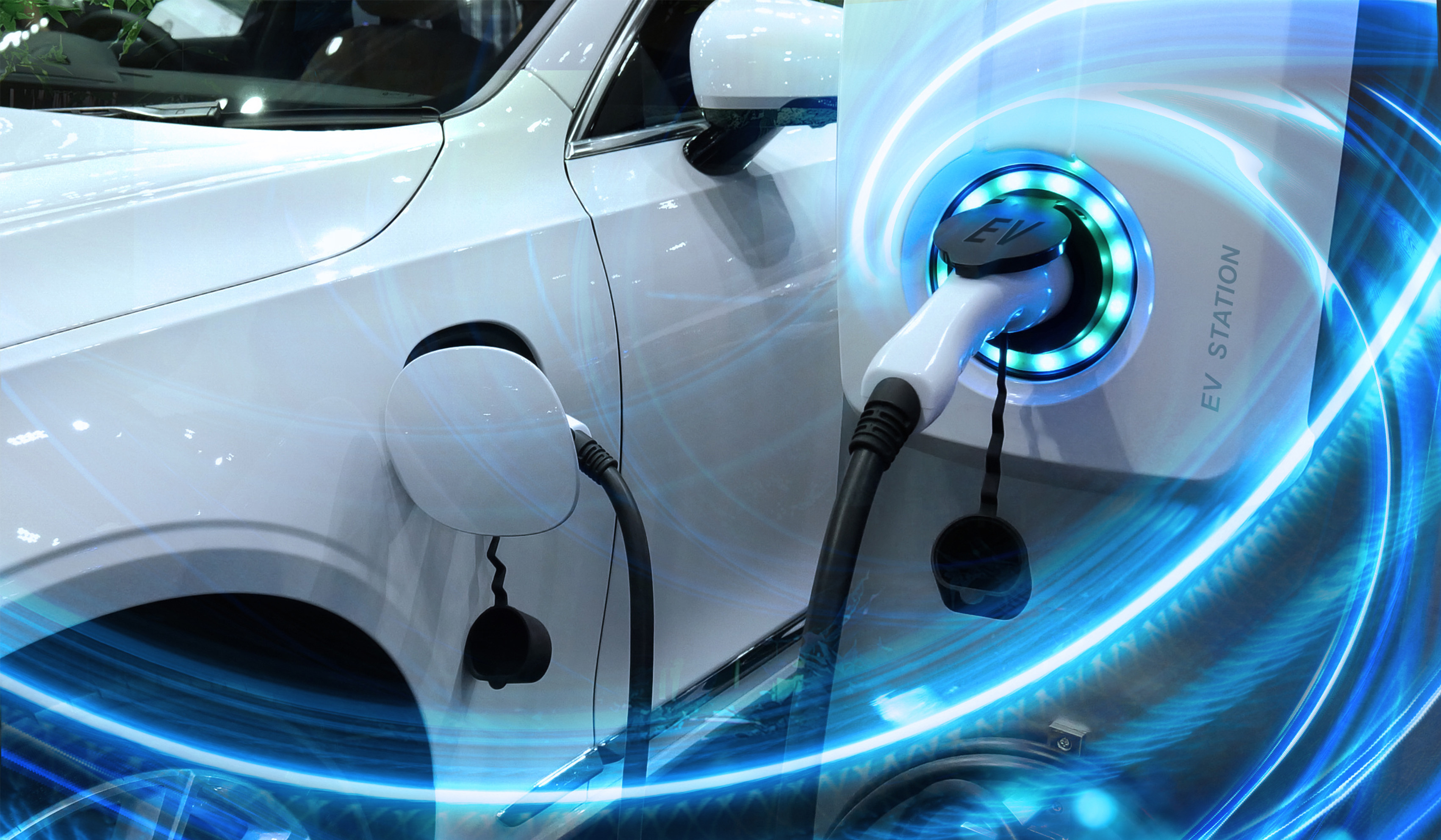
Is The Vehicle To Grid Technology The Future Of Electric Car | ENGIE - Source innovation.engie.com
The transition to EVs is gaining momentum globally. Governments worldwide are implementing policies and incentives to promote EV adoption, such as tax credits, purchase rebates, and expanded charging infrastructure. The declining cost of battery technology and the increasing availability of charging stations are further fueling the rise of EVs.
The widespread adoption of EVs offers multiple benefits beyond environmental sustainability. EVs are cost-effective to operate, as electricity is a cheaper fuel compared to gasoline or diesel. Additionally, EVs require less maintenance, as they have fewer moving parts than internal combustion engine vehicles.
Conclusion
The rise of electric vehicles represents a significant step towards a sustainable future. By reducing emissions and promoting cleaner transportation, EVs play a crucial role in mitigating climate change and improving air quality. With government support and technological advancements, the transition to EVs is poised to continue, offering numerous benefits for the environment and consumers.

EmoticonEmoticon